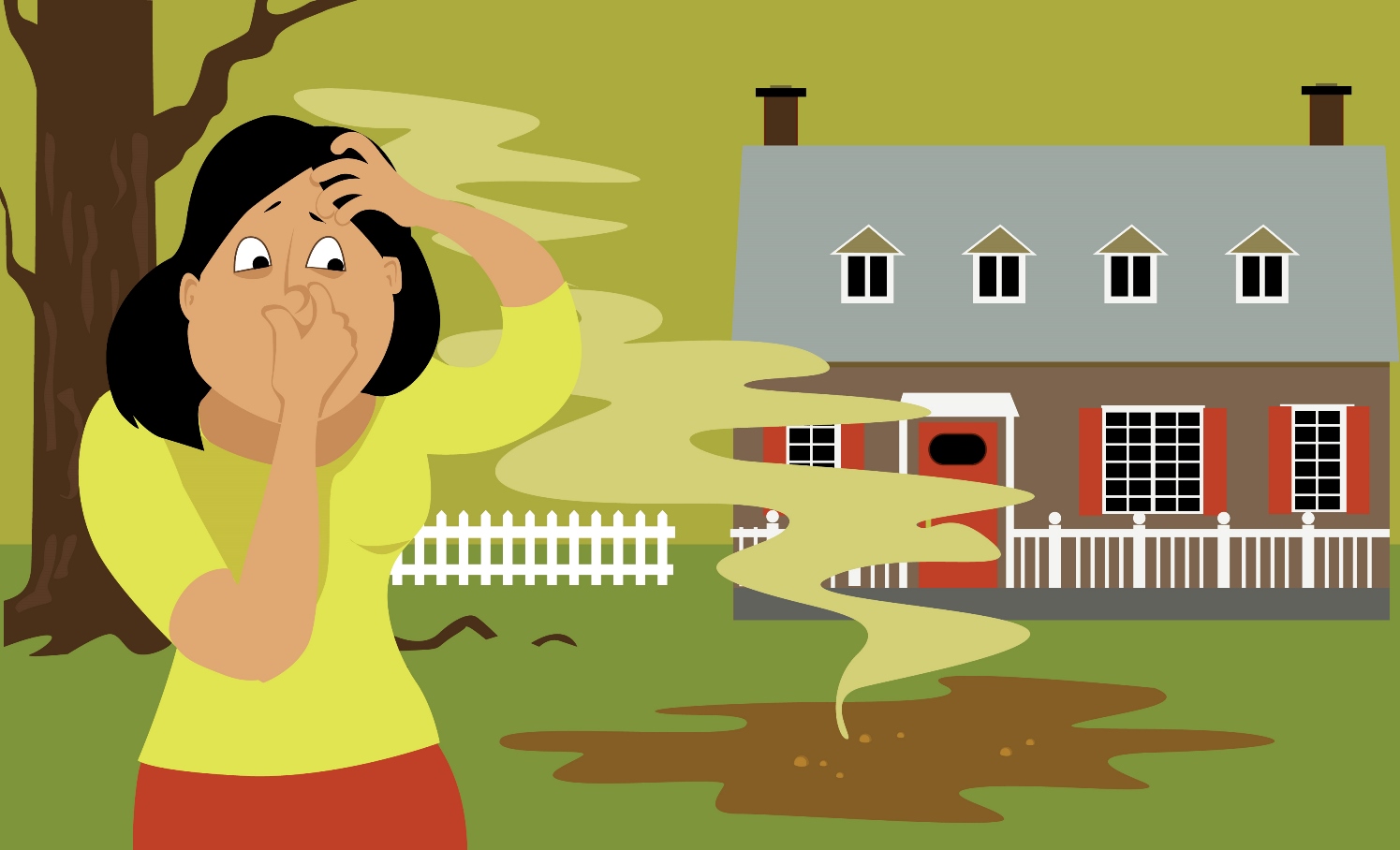I can treat your system with enzymes to keep it operating properly, defrost your system and clean your tank. Clean and rebuild a damaged distribution box. Replace pill switches and faulty pumps and ejectors. If you have a problem with your septic service, or want to start a maintenance plan to prevent a problem, I’m the man to call.
For all your septic system repairs and maintenance needs in Winnipeg, trust the professional licensed plumbers at Dnipro Drain. We believe that proactive maintenance is the key to preventing costly and messy failures. Our services include thorough inspections and routine pumping to ensure your system is functioning properly, extending its lifespan and giving you peace of mind. When issues do arise, such as a failed septic pump, clogged drain lines, or a compromised drain field, our team is equipped to handle all necessary repairs. We use advanced diagnostic tools to pinpoint the problem accurately and provide efficient, lasting solutions that comply with all provincial health and safety standards. With Dnipro Drain, you get reliable service for everything from routine care to emergency repairs, protecting your property and investment.
Proactive Maintenance: The First Line of Defense
Consistent and proper maintenance is the most effective way to avoid major septic system repairs. Some recommendations from professional:
1. Regular Pumping: Over time, solid waste accumulates in the septic tank, forming sludge at the bottom and scum at the top. If not removed, this buildup can clog the system and lead to failure of the drain field (also known as a leaching bed).
- Frequency: Most households should have their septic tank pumped every three to five years. The exact frequency depends on the size of your tank, the number of people in your household, and your water usage habits.
2. Mind What Goes Down the Drain: The health of your septic system is directly impacted by what you introduce into it. A septic system is a living ecosystem that relies on bacteria to break down waste.
- What to Avoid:
- Grease, fats, and oils: These can solidify and cause blockages.
- Non-biodegradable items: Wet wipes (even those labeled “flushable”), paper towels, feminine hygiene products, dental floss, and diapers do not break down in the tank.
- Harsh chemicals: Bleach, drain cleaners, and other strong chemicals can kill the beneficial bacteria in your tank. Opt for septic-safe cleaning products.
- Food waste: While a garbage disposal is convenient, it significantly increases the solid waste entering your tank, requiring more frequent pumping.
3. Water Conservation: The less wastewater your septic system has to process, the more efficiently it will operate.
- Tips for Reducing Water Usage:
- Install high-efficiency toilets and showerheads.
- Repair any leaky faucets or toilets promptly.
- Spread out laundry loads throughout the week rather than doing multiple loads in one day.
- Divert rainwater from downspouts and sump pumps away from the drain field.
4. Protect Your Drain Field: The drain field is a critical component where the treated wastewater from the tank is dispersed into the soil.
- Keep it Clear: Avoid parking vehicles or building any structures over the drain field. The weight can compact the soil and damage the underground pipes.
- Plant with Care: Tree roots are naturally drawn to the moisture in the drain field and can cause significant damage to the pipes. Plant trees and large shrubs a safe distance away from this area.



